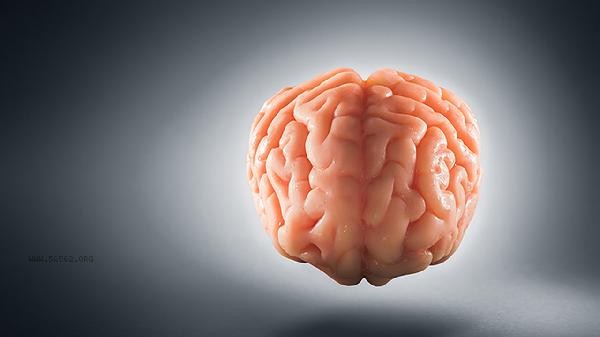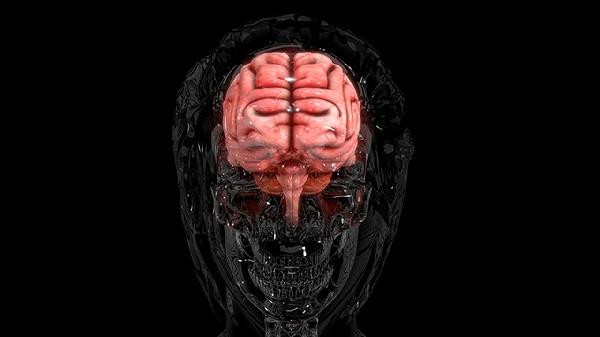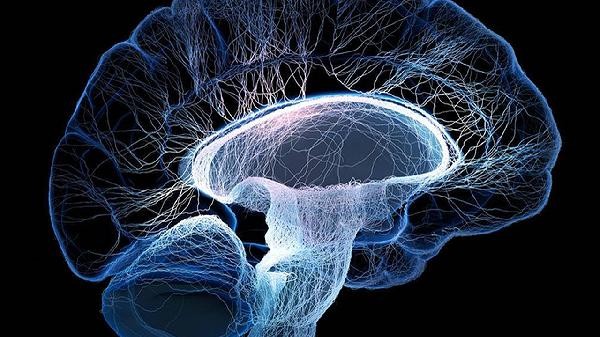The brain can still get partial rest when it's not asleep, but the effect is far less than deep sleep. The quality of rest depends on the level of relaxation during wakefulness, the type of activity, and the cumulative effect of sleep deprivation. When awake and resting, the brain enters a low-energy state, where the frequency of brainwaves slows down, similar to the physiological characteristics of mild sleep. When resting with closed eyes, meditating, or engaging in low cognitive load activities, the default mode neural network is activated, which helps integrate memory fragments and alleviate fatigue. Some studies have shown that 90 minutes of focused relaxation have a similar effect on cognitive function recovery as 30 minutes of light sleep. But awake rest cannot trigger the unique repair mechanisms of deep sleep such as growth hormone secretion and cerebrospinal fluid detoxification. Long term dependence on awake rest can lead to the accumulation of sleep debt. The prefrontal cortex of the brain gradually accumulates metabolic waste during sustained wakefulness, manifested as decreased attention span and emotional regulation ability. Experimental data shows that a brief eye rest after 36 hours of no sleep can only restore about 20% of the basic reaction speed. Some special populations, such as insomnia patients, may experience brain electrical activity similar to the first stage of non rapid eye movement sleep when lying still with their eyes closed, but this rest cannot replace a complete sleep cycle.

It is recommended to maintain a regular sleep schedule every day, with 20 minutes of mindfulness breathing exercises during lunchtime. Avoid using electronic devices before bedtime, as blue light can inhibit melatonin secretion and affect sleep quality. Long term sleep deprivation patients need to seek medical attention to investigate potential causes such as anxiety and sleep apnea. If necessary, prescription drugs such as dexmedetomidine and zolpidem should be used under the guidance of a doctor to regulate sleep rhythm. When feeling tired during the day, a 10 minute practice of rapid eye movement or washing your face with cold water is more helpful in restoring focus than forcing yourself to stay awake.










Comments (0)
Leave a Comment
No comments yet
Be the first to share your thoughts!